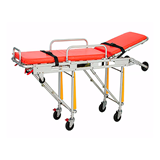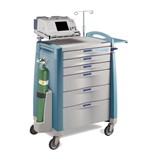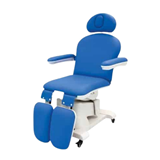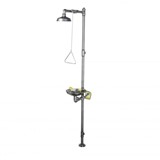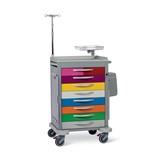The Emergency Surgery Workshop, hosted by the Royal Australasian College of Surgeons, featured presentations by distinguished experts in the field of emergency surgery, several of whom have implemented new models of emergency surgery at major metropolitan public hospitals. These presentations were followed by questions from the floor and detailed discussion of the problems facing emergency surgery.
Asked at the outset of the workshop what these problems were, delegates highlighted the following:
- Demand exceeding capacity across the board, leading to too many people waiting too long for emergency surgery;
- Inadequate operating theatre access;
- Too few beds;
- Inefficient use of resources;
- Inadequate flexibility to deal with surges in demand; and
- A “silo mentality” which sees hospitals working independently of one another rather than as partners in a network.
By the end of the workshop it had been agreed that, if the efficiency and quality of emergency surgery is to be significantly enhanced, the following principles need to govern the redesign of a service:
- It must be understood that emergency surgery demand can be measured, predicted and planned for, and that resources should be allocated accordingly;
- Any model of emergency surgery must involve consultant led teams;
- As much as possible, emergency surgery should be done during daylight hours;
- The separation of the management of emergency and elective surgery enhances efficiency; and
- Robust handover from one surgical team to the next is crucial.
It was noted that while the redesign of emergency surgery services will involve some additional expenditure in the short term, the evidence is compelling that overall costs fall in the long term. This is because the incidence of costly adverse events in emergency surgery is dramatically reduced as a result of the redesign.
College President, Professor Ian Gough, said the task ahead was to persuade governments, and their Area Health Services, of the benefits that flow from the redesign of emergency surgical services.
“Reforms along the lines discussed in the workshop will achieve more efficient use of operating theatres, more efficient use of surgeons’ time, a greater emphasis on multi-disciplinary surgical teams, and a more robust system of patient handover between those teams,” Professor Gough said.
“This will result in better outcomes for patients and more cost-effective services.
“Interestingly, it was also noted that improved efficiency in emergency surgery is usually accompanied by similarly improved efficiency in elective surgery. Given the very high profile of elective surgery waiting lists, this must be of interest to Health Ministers around the country.
“The challenge now is to convince governments, hospital managements and the public that the implementation of these reforms is in the best interests of patients and should be a health policy priority,” Professor Gough said.


